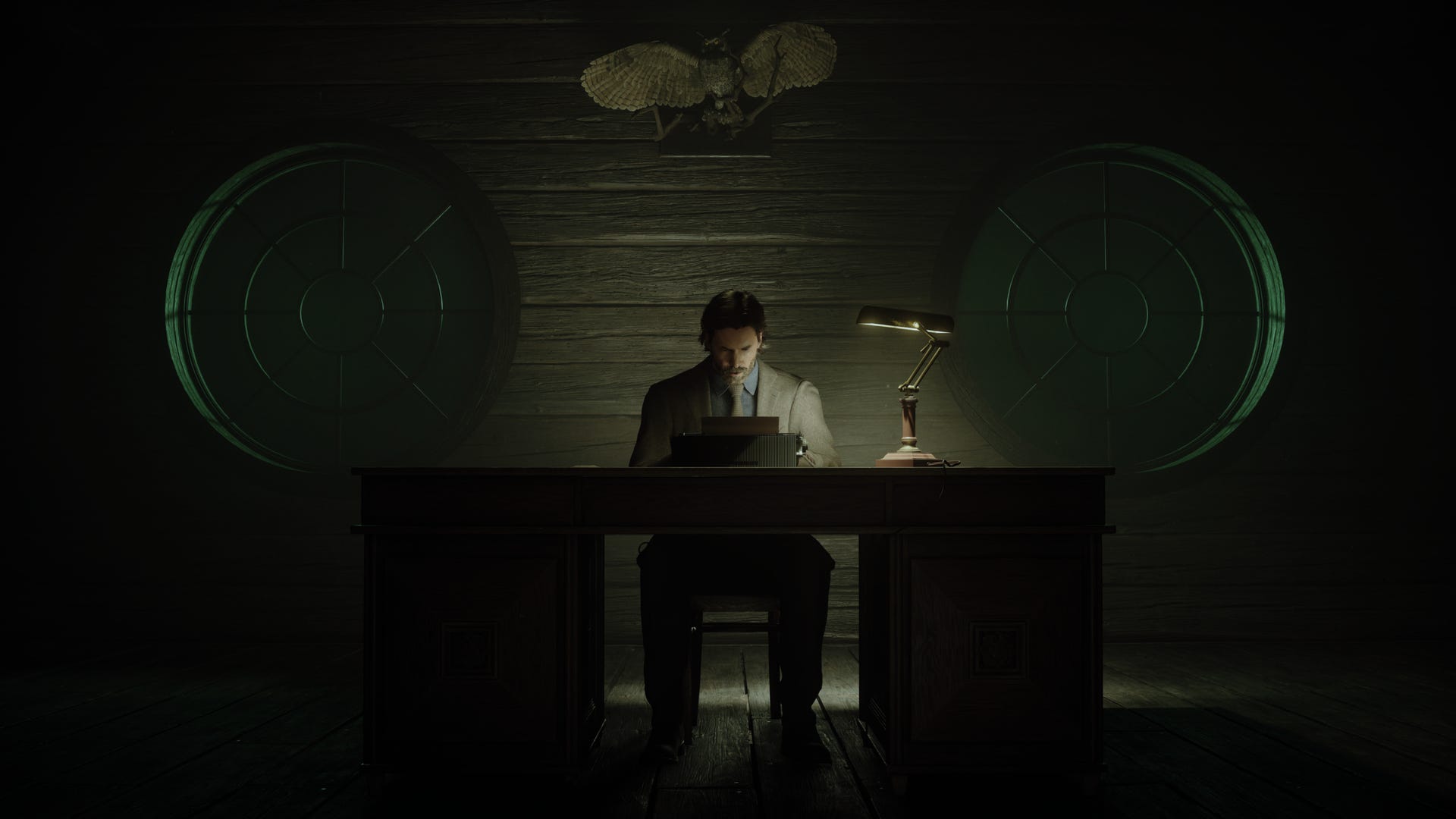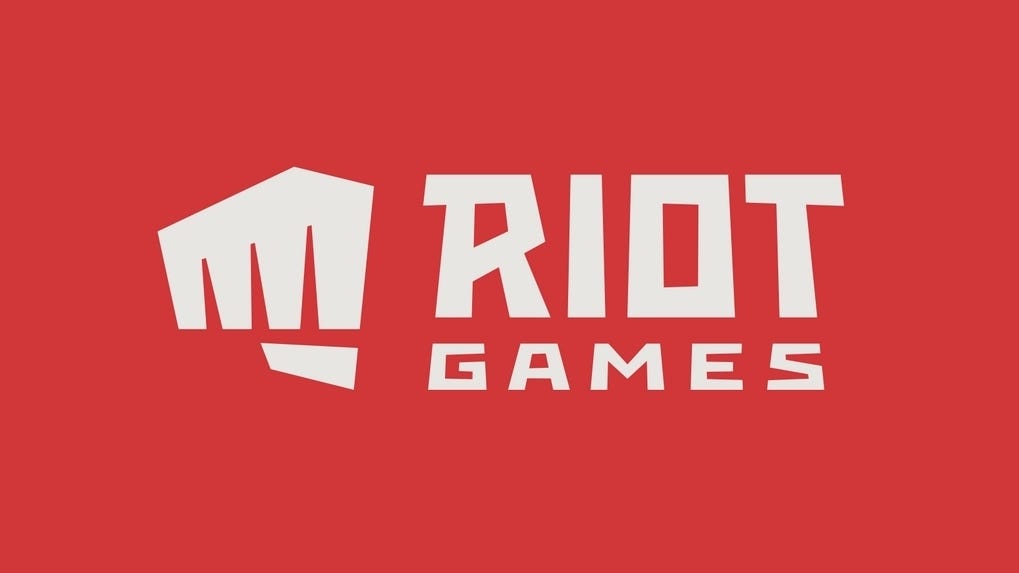
I saw a stray tweet floating around last week - someone complaining that we've entered an era where most modern entertainment is now designed to be "smart" and "interesting" instead of "good." I wasn't sure what to make of this at first because personal taste is a wild and unpredictable creature that doesn't always obey logic. I also don't think "smart" and "interesting" and "good" are mutually exclusive concepts, or even especially helpful. It isn't possible to make a piece of art that withstands "the test of time" because it discounts the social and cultural context it was produced in - I am not going to run screaming out of a theatre because I think a real train is coming at me through the screen. But Alan Wake 2 is the perfect means to break down this smart and interesting vs. good sentiment, and in this way, it is perhaps the most important game of the year.
The latest Remedyverse adventure is an ouroboros of concepts born of the idea that complexity and complication yield the same result. If Alan Wake 2 was a painting, it would be Saturn Devouring His Son, except that Saturn and his offspring are both Sam Lake; it's a spectacle of postmodernism beaten into the ground by Alan Wake-shaped clubs, to show you it knows exactly what it's doing as both a piece of art and a commercial game and a story. It wants you very much to know that it is metatextual, that it understands the peculiarities and conventions and general disaster craft of writing. The first Alan Wake game, which I partly enjoyed but dropped off because it was a little too heavy-handed with its "my first book of metaphors" approach, already did this in 2010, and the obviousness of its writing is part of its whole concept. The Alan Wake of 2023, while still concerned with the same themes, is an entirely different creature.
It's been thirteen years since best-selling author Alan got trapped in a creepy lake that isn't a lake. Arriving in Bright Falls are FBI agent Saga Anderson and her partner Alex Casey, who hates sharing a name with Alan's famous fictional detective. This is a role played by Remedy's creative director and game writer Sam Lake, a constant presence to underline the fact that autofiction is the backbone of the Alan Wake narrative. The feds are investigating a series of strange murders that seem to be related to the missing Alan, who ends up reaching out to Saga from his otherworldly jail. Gameplay switches between Alan and Saga as they explore Bright Falls and its surroundings as well as The Dark Place; Alan reworks story drafts in his Writing Room to reshape his prison, and the suspiciously intuitive Saga uses her "Mind Place" - her version of a mind palace - to organise her thoughts, analyse clues, and make deductions.
source https://www.eurogamer.net/alan-wake-2-review





No comments:
Post a Comment